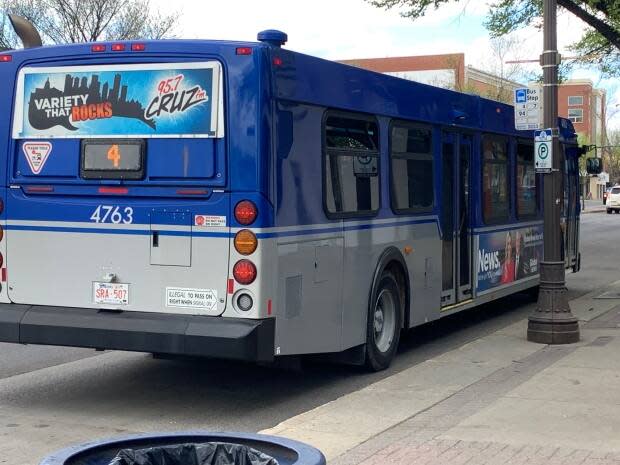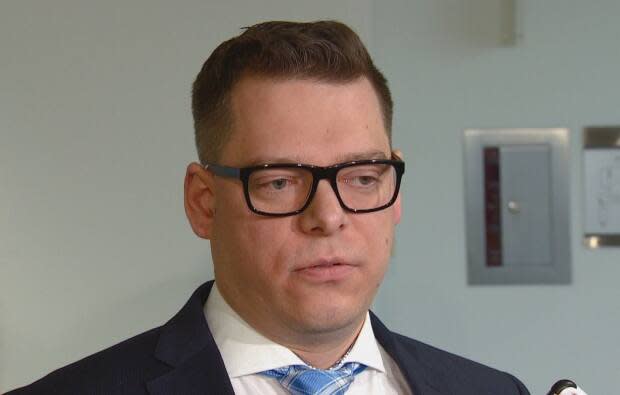City urged to reduce barriers for marginalized Edmonton transit riders

The Edmonton Transit Service Advisory Board says fear and uncertainty may be a barrier for newcomers, seniors and other groups who usually depend on transit.
On Aug. 10, the urban planning committee will look at a report that recommends setting up a peer-delivered training course so community volunteers can become well versed in transit services to help clients in need.
"Edmonton Transit Service Advisory Board (ETSAB) members had expressed concern that there may well be Edmontonians who are members of vulnerable communities and who would normally have to depend on transit but were not doing so due to lack knowledge about the service or fear or uncertainty about exploring it," the report says.
The course would also be available to Edmontonians who are visually impaired, post-secondary students and Indigenous.
"Given that the information would be presented by people of similar background as the client, the student will be more relaxed and receptive to the information," the report says.
Inconvenience, safety concerns
Fion Lee, executive director of ASSIST Community Services Centre, supports the move.
Her organization — which serves thousands of newcomers every year, including many who can't afford vehicles — already provides a similar service.
But she says a bigger barrier than unfamiliarity is inconvenience, whether it's having to walk significant distances and transfer multiple times, a confusing transit app or the inconvenience of fares.
"It is still not entirely user friendly," Lee said.
She said the inconvenience prevents some newcomers from going out, including young mothers who would otherwise be attending English classes.
Lee pointed to places like China or Hong Kong, where users can pay by phone or card, and urged the city to modernize the system.
"Here you need to know where to get a bus ticket," Lee said, adding tickets are not widely available.
The city overhauled its bus system in April, which raised objections among some Edmontonians.
Lee said the city must also address the lack of safety many of her clients feel riding transit.
In the report, ETSAB says other submissions expressed that many people feel vulnerable on transit due to COVID-19 or as members of Black, Indigenous and other communities of colour.
Board members could not be reached for comment.

Coun. Jon Dziadyk said he supports the recommendations.
"What I like about it is it should be fairly easy to stand up and we can evaluate if it's working," said Dziadyk, a member of the Canadian Urban Transit Association. "And if it's not, we can go back to the drawing board."
He said ridership is understandably down due to the pandemic but there is also increased awareness that some members of marginalized communities are not feeling safe.
"Essentially we want to create a situation where people choose transit and when that is the situation and when people feel safe, there will be more people on these routes," Dziadyk said.
"And with more people, we can justify more frequent service. We can get to more locations. And there's the safety in numbers aspect."
In an email, city spokesperson Rowan Anderson said onsite security includes 3,800 security cameras and a service that allows riders to text staff at the control centre who can dispatch security officers.
Police and peace officers began joint-patrols earlier this year and community outreach transit teams will also be in place later this summer.
"These teams will pair peace officers with outreach workers in order to provide more specialized community support services to those who need it most," Anderson said.

